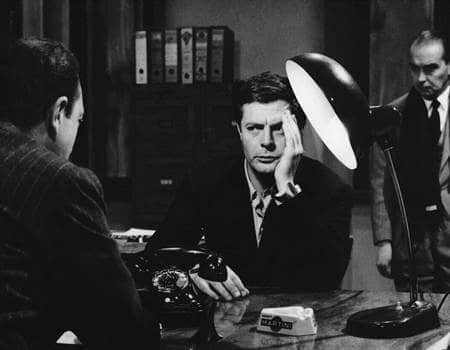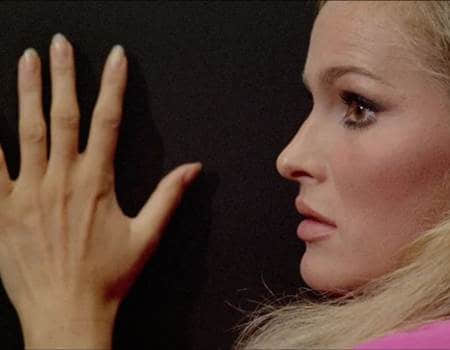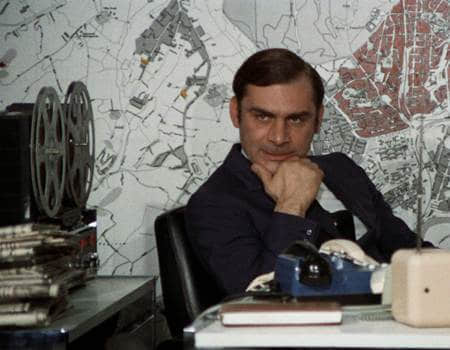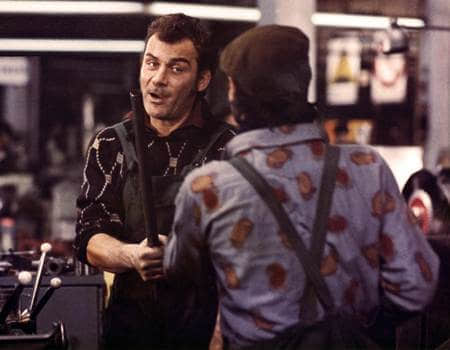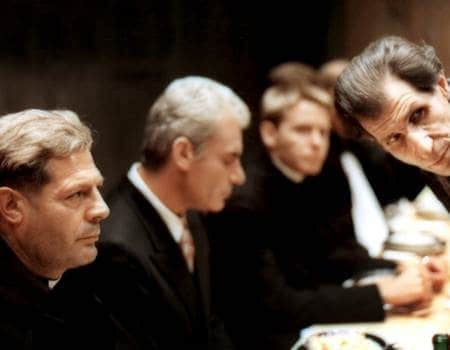Programme
Elio Petri, the Italian Satirist
Italian director Elio Petri (1929-1982) embraced communist philosophy, and the political subtext of his films revealed both his disdain for right-wing corruption and devotion to the working class. Petri, who was born in Rome and once wrote for L’Unità , the newspaper of the Italian Communist Party, began working in cinema as a scriptwriter in the 1950s. He made his directorial debut in 1961 with The Assassin, a noir-ish tale about police investigating a murder suspect. The film, critic Pasquale Iannone wrote in Senses of Cinema, stands out “as one of the finest Italian debuts of the 1960s, setting out the themes and preoccupations that Petri would return to throughout his career.” Petri’s films – which routinely incorporated parody and black humor to chilling effect – are blistering attacks on unchecked political power, brutal law enforcement and crass consumerism. Italy’s long-ruling and scandal-ridden Christian Democracy party was often, even in oblique terms, the target of much of his scorn.
Petri became a leading figure in post-neorealism Italian cinema of the 1960s and 1970s. He collaborated frequently with Marcello Mastroianni and Gian Maria Volontè, two of the eras leading stars; critically acclaimed screenwriter Ugo Pirro; and Ennio Morricone, whose iconic film scores have made him one of the world’s most celebrated composers. He gained further attention with Investigation of a Citizen Above Suspicion (1970), a sadistic satire about police corruption, which won the Academy Award for Best Foreign Language Film. Still, Petri’s name is now rarely mentioned alongside the masters of Ital ian cinema: Fellini, Antonioni, De Sica, Pasolini, Bertolucci, Visconti.
But his films today resonate with stunning prescience of modern civilization’s bleakest elements. His most politically potent film, Todo Modo (1976), explored power among Italy’s political elite and dared to sabotage the notion that one man alone could rescue a nation from its problems. With The Tenth Victim (1965), he anticipated the perversity of reality television, widespread gun violence, and unbridled corporate greed. Petri, speaking with The New York Times, once said that he hoped audiences would see “what could happen if we continue our current trends in society. That violence may be the end of everything and if we don’t stop soon, there’s no guessing what will happen.”
